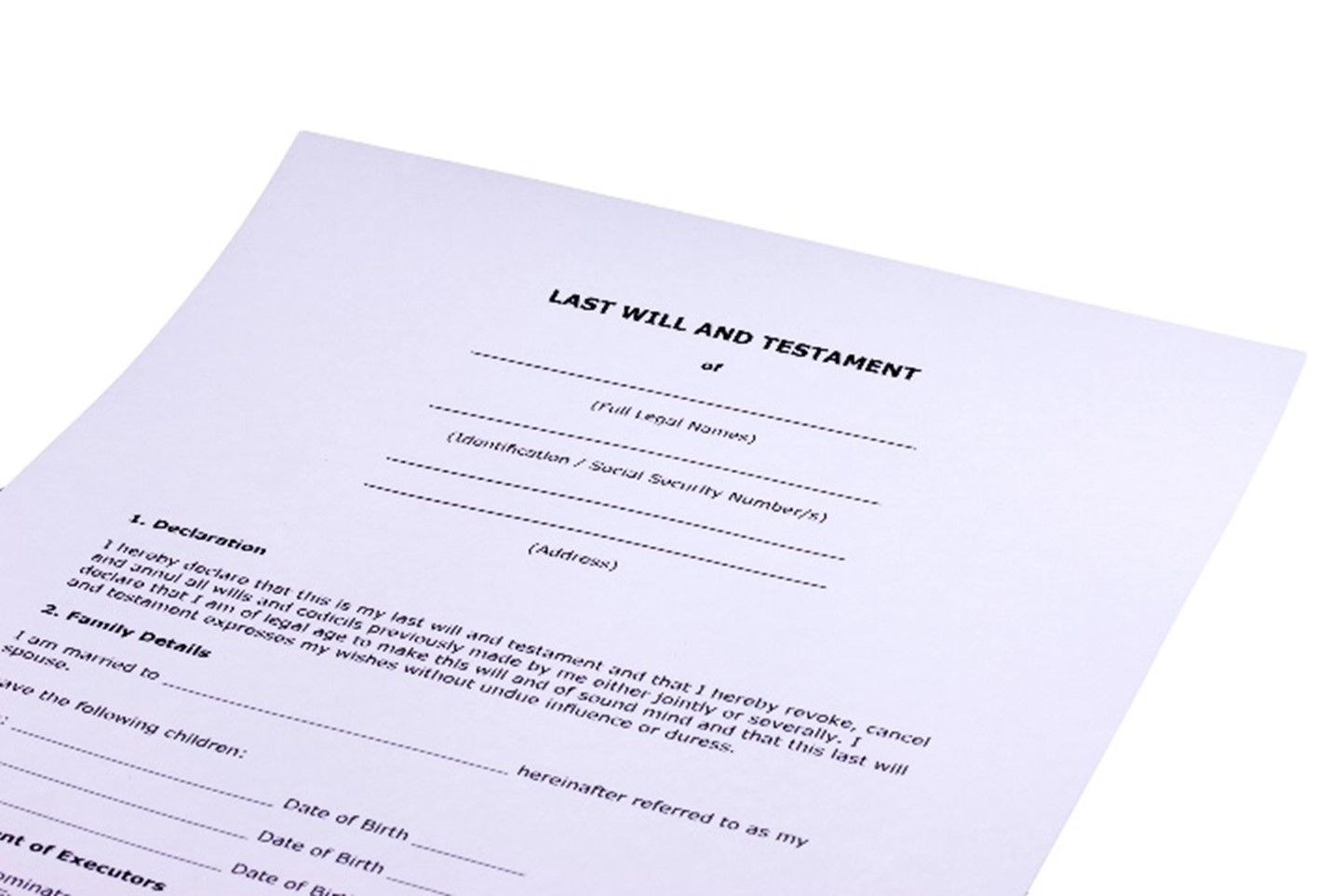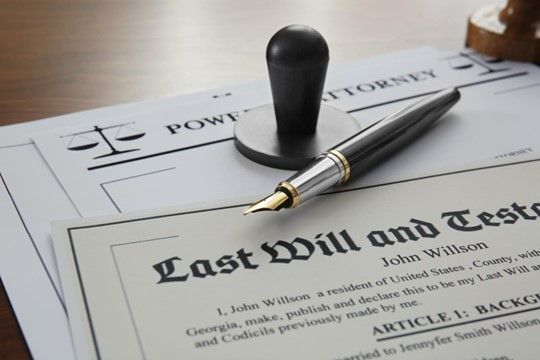Gathering Necessary Documentation
A critical part of navigating probate is gathering all necessary documentation. This includes the decedent’s original will, death certificate, and any financial documents, such as bank statements, property deeds, and information about debts and creditors. Having these documents on hand helps streamline the process and reduce delays. Additionally, the personal representative may need to access the deceased's digital assets, like online bank accounts and digital photos, which might require specific legal steps to access fully.
Moreover, it is important to secure the deceased’s personal property. This may involve changing the locks on their home, safekeeping valuable items, and documenting the contents of the estate thoroughly. This step not only protects the estate but also provides a clear inventory that can be used during the probate proceedings.
Communicating with Beneficiaries and Creditors
Clear and compassionate communication is essential. Beneficiaries need to be informed of the probate process and what they can expect regarding timelines and distributions. Transparency helps manage expectations and reduce potential conflicts. Regularly updating beneficiaries can also help mitigate concerns and foster trust throughout the process.
Creditors must also be notified as part of the probate procedure. Some states require a formal notice to be published in a local newspaper, giving creditors the opportunity to make claims against the estate. This step is crucial to ensuring that all debts are properly paid before assets are distributed to beneficiaries. Neglecting this can result in personal liabilities for the executor, highlighting the importance of thorough and timely communication.
Dealing with Disputes
Unfortunately, disputes can arise during probate, particularly if the will’s terms are unclear or if there are concerns about its validity. Common issues include allegations of undue influence, lack of testamentary capacity, or the existence of multiple wills. Handling these disputes requires sensitivity, as emotions are often heightened when dealing with a loved one's legacy.
It’s crucial to approach any disputes with a focus on resolution and fairness. Mediation can be a helpful tool in resolving conflicts outside of court, saving time, and reducing legal fees. However, if mediation fails, litigation may be necessary. In such cases, having legal representation becomes imperative to navigate the complexities of probate litigation effectively.
Closing the Estate
The final phase of the probate process is closing the estate, which occurs once all debts and taxes have been paid and the remaining assets have been distributed according to the will. The personal representative is required to provide a financial report to the probate court, outlining all transactions conducted throughout the probate proceedings. This accounting must be thorough and accurate, showcasing the executor's diligence in fulfilling their duties.
Once the court approves the final accounting, the personal representative can distribute any remaining assets to the beneficiaries as per the will's instructions. At this point, the probate process is complete, and the estate is officially closed. This moment can bring a sense of relief and closure, knowing that the deceased's wishes have been honored and their legacy securely passed on.
Surviving probate involves a combination of understanding the legal steps, effective communication, meticulous organization, and emotional strength. If you need help navigating probate, work with our attorneys at Escobar & Associates Law Firm, Ltd.






